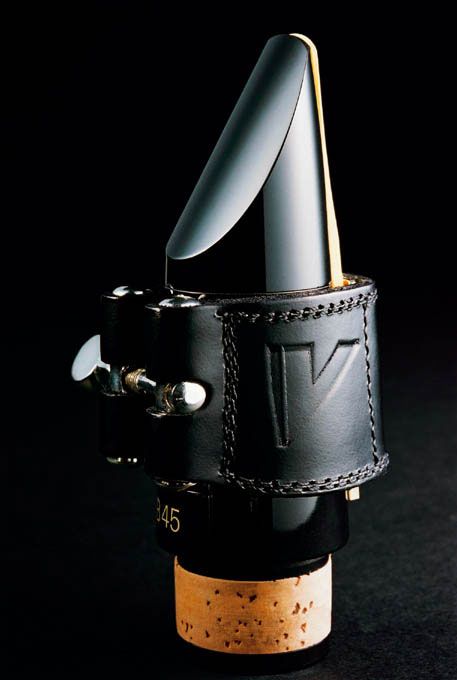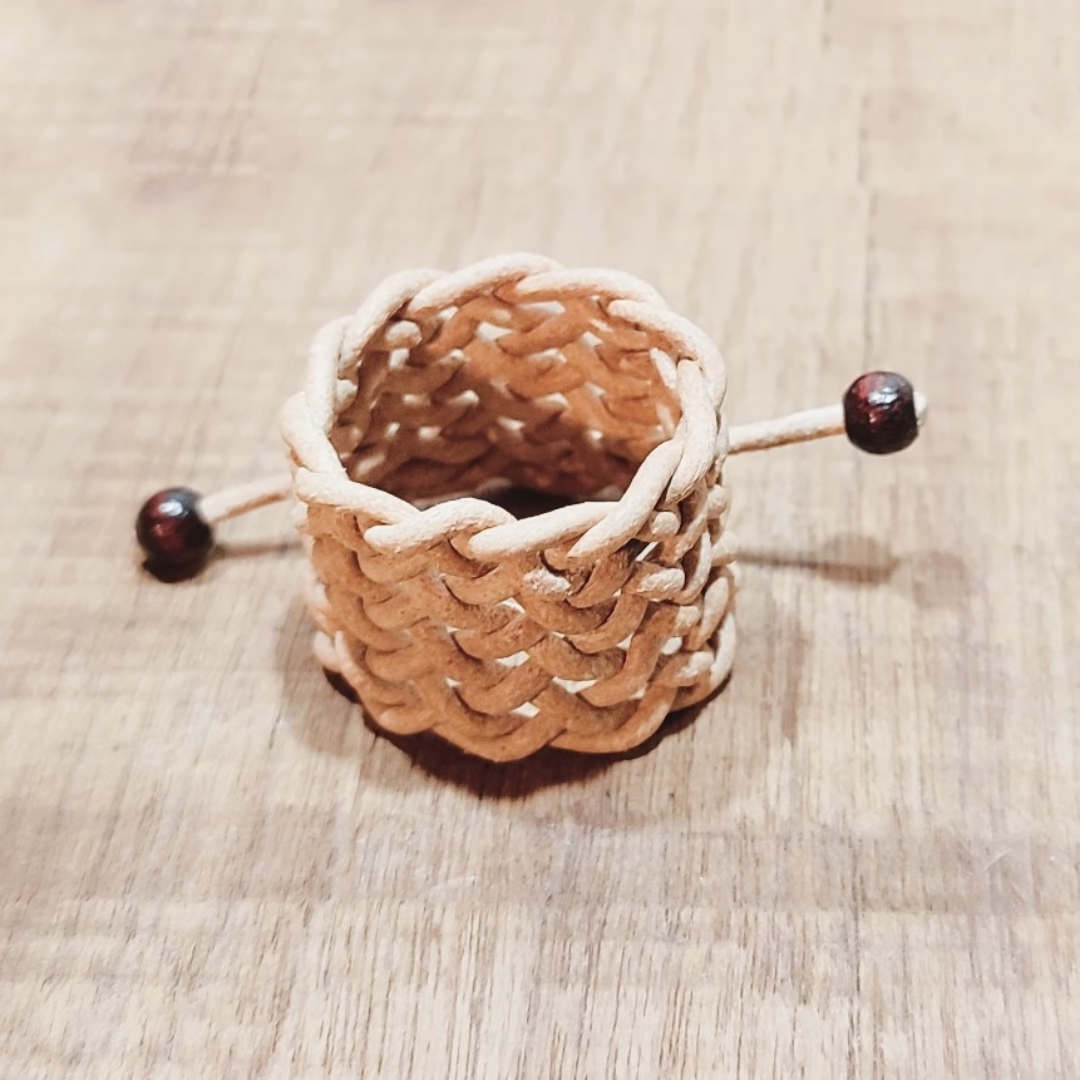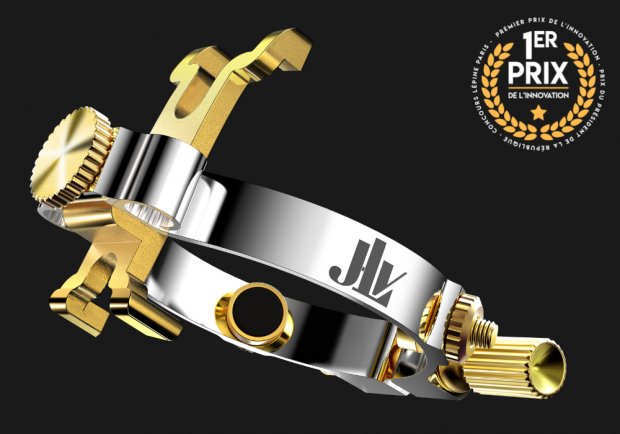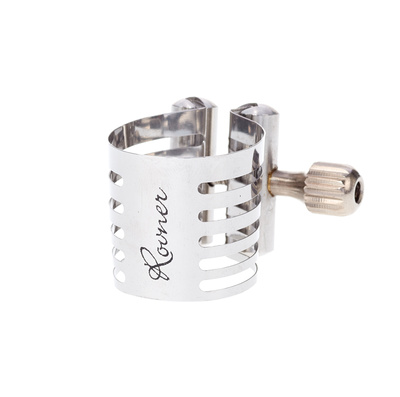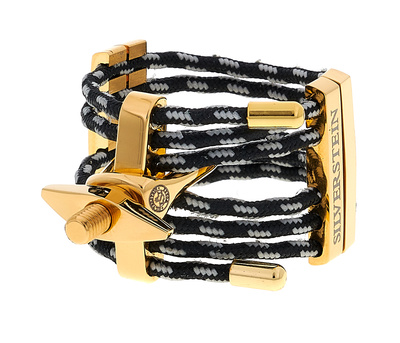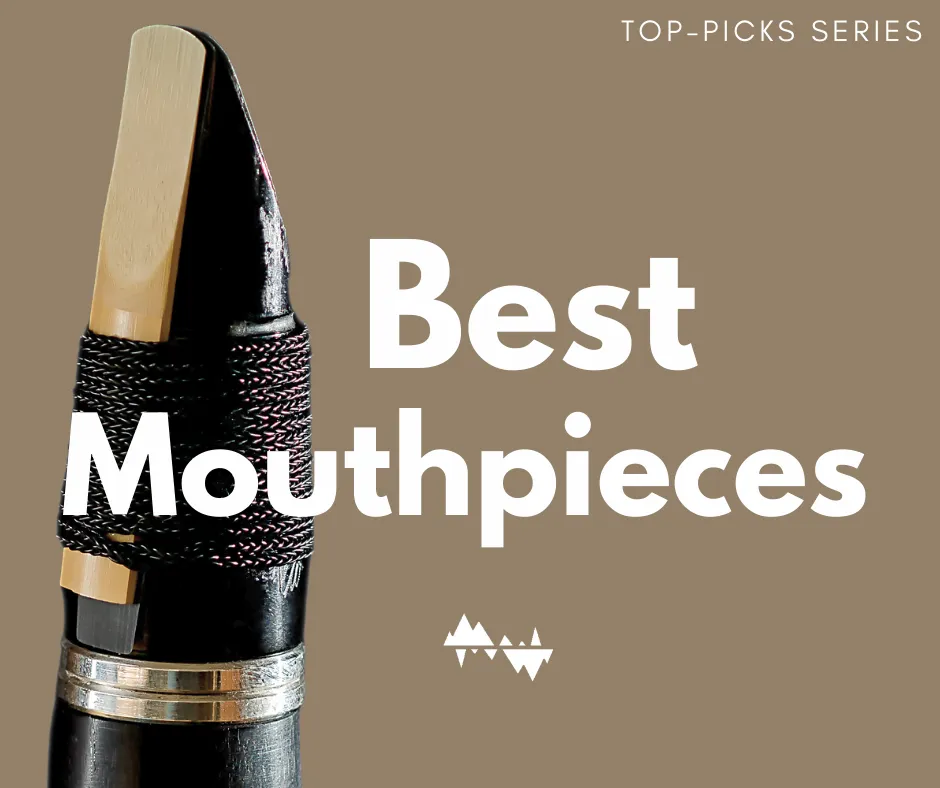Top 10 Best Clarinet Ligatures To Buy In 2026
Discover the role of clarinet ligatures in achieving optimal sound and control. Explore various ligature types, materials, and techniques to enhance your clarinet playing experience.
Factors to Consider When Choosing a Clarinet Ligature
Compatibility:
Consider the type of clarinet you play and ensure the ligature is compatible with your instrument. Different clarinet types require specific ligatures, such as smaller ligatures for E-flat clarinets, larger ones for B-flat clarinets and even larger for Bass clarinets.
Inverted vs. Standard Ligatures:
Decide whether you prefer a standard or inverted ligature. Inverted ligatures have screws at the front side of the mouthpiece, pointing away from the musician, while standard ligatures have screws pointing towards the musician. The choice depends on personal preference, although many opt for inverted ligatures as they allow the reed to vibrate more freely, reducing direct pressure against it.
Type of Ligature:
Explore different types of ligatures available, considering their designs and materials. Ligatures come in various materials like metal or plastic, each affecting durability and price. Opt for a ligature that strikes a balance between flexibility, allowing versatility in different settings, and long-lasting quality within your budget.
Most common materials and designs
The material of a ligature plays a crucial role in shaping the tone and overall sound quality produced by a clarinet. Different materials exhibit varying characteristics, influencing the resonance, response, and timbre of the instrument. Here, we'll explore the impact of common ligature materials on the clarinet's tone:
Metal Ligatures
Typically made of brass or other metallic alloys, are known for their bright and focused sound. They provide excellent projection and clarity, enhancing the instrument's overall presence in an ensemble setting. Metal ligatures often offer a quick response and precise articulation, making them popular among jazz and contemporary clarinetists who require a cutting and vibrant tone. However, it's important to note that metal ligatures can occasionally introduce a slight edge or brilliance to the sound, which may not be desired for all musical styles. It can also be an important factor to cosider that you have to be able to remove the ligature fast in a concert situation and probably don’t want to waste any extra time with it. Double screw ligatures are much slower in this process.
Leather Ligatures
Leather ligatures, usually constructed with synthetic or genuine leather materials, tend to produce a warmer and mellower sound compared to metal ligatures. The natural flexibility and softness of leather allow for increased resonance and a more rounded tonal quality. Leather ligatures are commonly favored by classical clarinetists who seek a rich and dark sound, particularly when playing solo or chamber music. They often contribute to a smoother and more expressive legato playing style, adding a touch of warmth and depth to the instrument's timbre.
String ligatures
String ligatures are the most traditional type. Although many modern variations are available with adjustable tension screws, tuners, sythetic cords and other features, many clarinetists still prefer to tie their own ligatures with leather cords. Each type offers unique sound characteristics.
Wooden Ligatures
Wood ligatures, made from hardwood like grenadilla or rosewood, offer a warm and organic tone to the clarinet. They enhance the instrument's timbre, adding richness and depth. The wood's properties increase tonal complexity, resulting in a nuanced sound with more overtones. Clarinetists seeking expressive and nuanced playing appreciate the unique tonal colors wooden ligatures provide. They also offer stability, precise control and centered tone. However, wooden ligatures oft require special care and maintenance. Availability and options may be limited compared to other materials.
Best Ligatures to Buy under 50$
- Lightweight
- Easy to set up
- Quick and symmetrical tightening with a unique double-track screw mechanism
- Inverted tightening with only two small contact points on the reed
CHECK PRICE
- Durable and reliable
- Great for beginners and marching band
- Fits most mouthpieces
CHECK PRICE
- Used by beginners and professionals
- An ideal ligature for ensemble and chamber music
- Lightweight
CHECK PRICE
Best Clarinet Ligatures under 100$
- 3 Interchangeable Pressure Plates
- Quick and precise tightening
- Expression with freedom
- Made from high impact plastic
Buy on Amazon
Handmade Leather Clarinet Ligature
- Warm, Resonant Sound
- Easy attachment and keeps the reed firm in place
- Perfectly centered sound
- Artisan Craftsmanship
BUY ON REEDFINDER
- Quick and precise tightening
- Expression with freedom
- Pressure plates and cap available as replacements
- Achieve comfortability in dynamics and tone production in the entire range
- Keeps the reed firm on mouthpiece table
Buy on Amazon
Does the Ligature affect timbre?
I have tested Wooden, Leather, String and Metal Ligatures with Tuning Charts.
When analyzing the timbre of ligatures, the spectral centroid can offer valuable information about their tonal qualities. It can help identify the distribution of frequency energy across the spectrum, revealing whether an instrument produces a brighter or darker sound.
Here are my results:

The metal ligature has slightly more overtones compared to the string ligature. It produces a focused, bright sound with good response.
The leather ligature produced a much darker, warmer sound compared to the metal one.

The wooden ligature produced similar brightness as the metal one.
And this is how all of them stack up:
As a classical clarinetist, I prefer a much darker sound. The string ligature seems to be slightly brighter than the leather, however it gives me much wider dynamics and better response.
If you want to test your ligatures and compare the timbre, go to our AI Tuner.
Ligature Cleaning and Maintenance
- Maintaining clarinet ligatures is crucial for the longevity. The ligature should be handled with care to avoid any damage.
- After each use, it should be wiped clean of any moisture or debris using a soft, dry cloth.
- If your ligature is made of metal, avoid using any harsh cleaning agents that could tarnish or corrode the material.
- For fabric or leather ligatures, a gentle wipe should suffice.
- Always ensure that the screws are not overly tightened as this can warp the shape over time. When not in use, store your ligature in a safe place (normally on the mouthpiece) to avoid any accidental damage.
- Regular inspection for any signs of wear or damage can help detect issues early and ensure your clarinet produces the best sound possible.
- For metal ligatures: As time passes, even durable metals can experience wear and tear. In the case of ligatures with silver or gold plating, the outer layer will gradually erode, revealing the less expensive metal beneath, often copper. This may lead to a greenish stain on your skin due to a reaction with the underlying metal. The best tip is to keep them dry and try not to damage the plating.
Some Fancy Designs
Clarinet
Best Clarinet Mouthpieces to Buy In 2026 - A clear winner?
Discover the best clarinet mouthpieces! Check out our reviews and recommendations for Bb and Bass clarinet. Read More
Do you like this article?
Thanks for your feedback
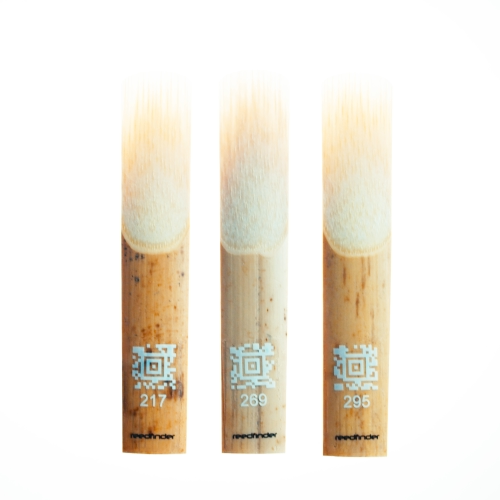
World’s #1
Reed Recommendation System
We believe every musician deserves a reed that matches their unique style and sound. Each reed is selected with cutting-edge AI and machine learning based on your playing feedback.
Should You Try the Benz-Tec Digital Reed Tester? I've tested it for you!
Check out the best clarinet jokes to brighten your day!
Struggling to hit the right notes? Your instrument might be the culprit! Learn how to fix intonation problems and stay in-tune.
Unleash the full potential of your clarinet with our exclusive care guide. Elevate your playing with tips that ensure your instrument remains in perfect condition.
Here are the top 7 picks of best applications to download for classical musicians. Tuners, Metronomes and more.
Buffet Crampon's latest innovation: the Prodige Pocket Clarinet. Is it really the best instrument for young clarinetists? Check out our review!
Discover the best clarinet mouthpieces! Check out our reviews and recommendations for Bb and Bass clarinet.
Learn the technique of circular breathing. Expert guide with step-by-step instructions and troubleshooting tips for continous breathing.
A groundbreaking innovation of Buffet Carmpon: Clarimate. This is our honest review about its innovative features and real-world performance. Is it for you?
Discover the Vandoren VK1 clarinet reed, a breakthrough in synthetic reed technology. Experience stability, durability, and consistent performance.


